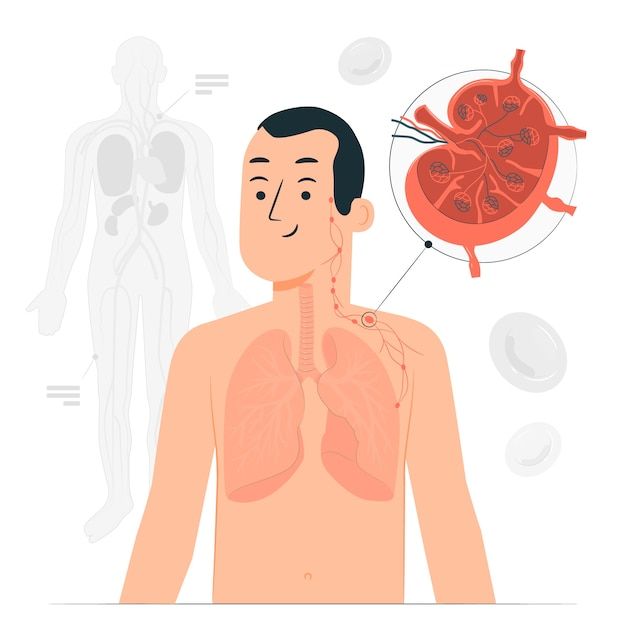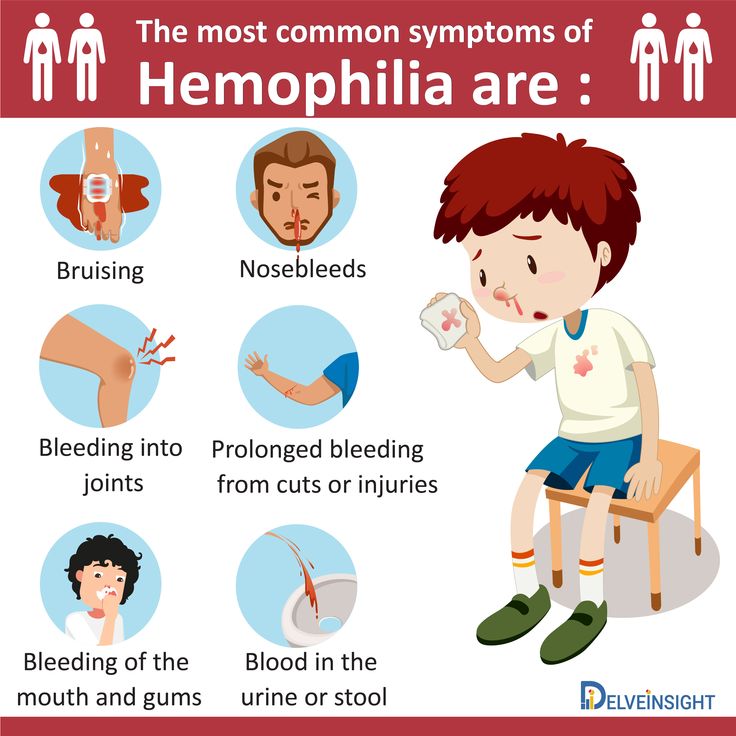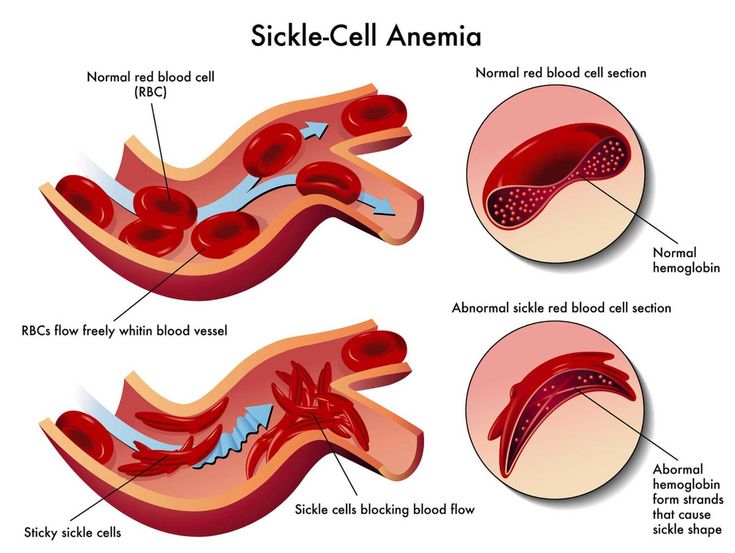Lymphoma is a type of cancer that originates in the lymphatic system, particularly affecting lymphocytes, a type of white blood cell. This blog will explore the types of lymphoma, common symptoms, diagnostic methods, and the latest treatment approaches.
Body:
-
Types of Lymphoma:
- Hodgkin Lymphoma (HL): Characterized by the presence of Reed-Sternberg cells.
- Non-Hodgkin Lymphoma (NHL): A diverse group of blood cancers that includes various subtypes.
-
Symptoms:
- Swollen lymph nodes, often painless.
- Fever, night sweats, and unexplained weight loss.
- Fatigue and itching.
-
Diagnosis:
- Physical exams and imaging tests like CT scans.
- Lymph node biopsy to confirm the type of lymphoma.
- Blood tests and bone marrow biopsy for staging.
-
Treatment Options:
- Chemotherapy: The primary treatment for many types of lymphoma.
- Radiation Therapy: Used in early stages or to target specific areas.
- Immunotherapy and Targeted Therapy: Newer treatments that enhance the body's immune response or target specific cancer cells.
- Stem Cell Transplant: An option for patients who do not respond to standard treatments.
Conclusion: Understanding lymphoma is crucial for medical students, as it involves complex treatment regimens and has varied outcomes based on the type and stage. This blog provides detailed medical notes on the disease and its management.



























